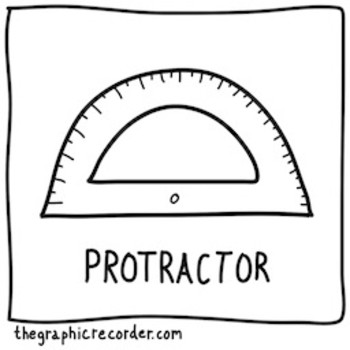How does the reaction of Sodium hydrogencarbonate and hydrochloric acid support the theory of conservation of mass?
1 Answer
In brief, the mass of all of the gases evolved and the mass of the aqueous remains- combined- shall equal to the sum of the mass of the two reactants.
Explanation:
Sodium
The mass of the system is not going to conserve if the reaction takes place in an open container: carbon dioxide escapes rapidly as the reaction proceeds, such that the mass of the products would be smaller than that of the reactants:
Verifying the conservation of mass for this reaction would, therefore, require trapping all gases produced within the system. A conical flask with an air-tight stopper is likely going to serve the purpose.
Note, that given the fact that most electronic balances found in science labs are calibrated at room temperature and the exothermic nature of this reaction, it might be necessary to cool the system down to its initial temperature before taking any further measurements.

